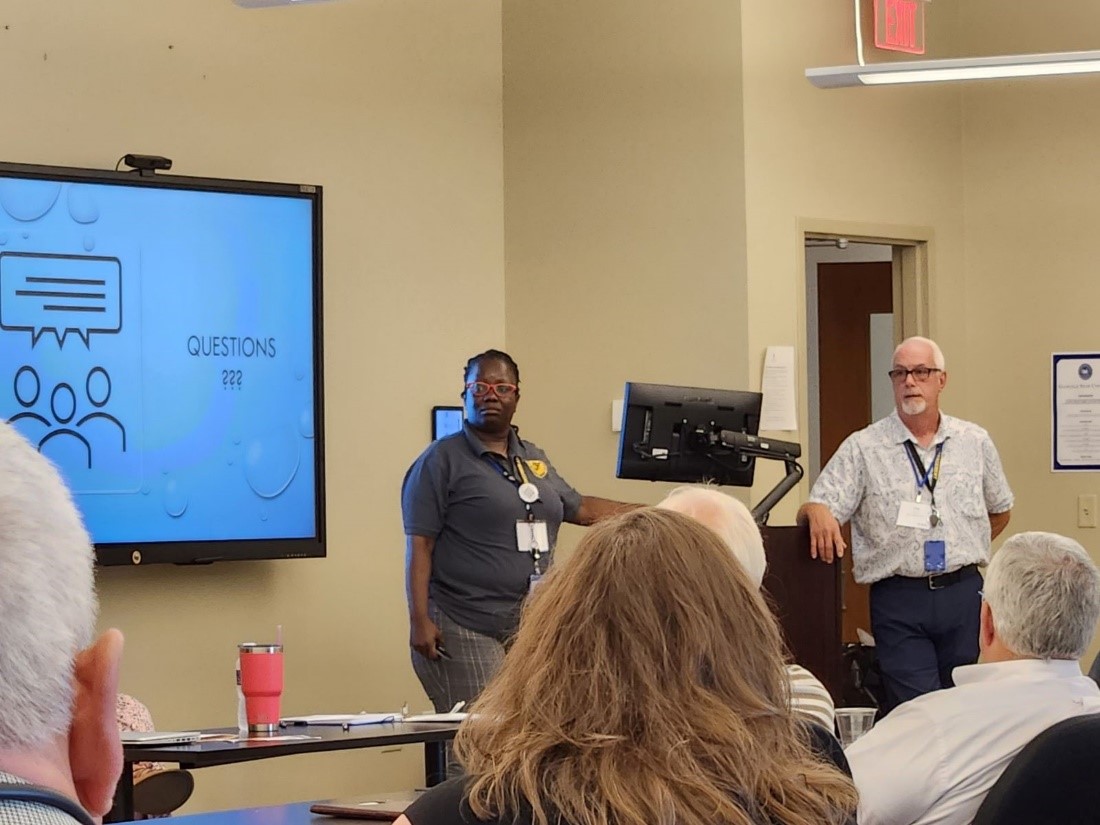Challenge
Rural communities, local decision-makers, and their constituents were not fully aware of the floodplain development rules and building codes. They also did not know about all the resources available to them. This was important when they wanted to drive green economic opportunities, such as outdoor recreation sites near rivers. The lack of knowledge often led to risky or no development.
Solution
The West Virginia Division of Emergency Management’s National Flood Insurance Program (NFIP) team held a workshop. It was done as part of the Pioneer Rural Partners Network. Glenville State University hosted the event with the State, FEMA, other agencies, and nongovernment organizations. Here, mayors, business leaders, and local staff who have influence within their communities could ask questions and learn about flood risk, grant funding and more. The idea for the workshop was to have a “one-stop shop” summit.
Outcome/Results
West Virginia officials used this workshop to share the state’s “WV Flood Tool.” The tool was designed to help its users make informed decisions about flood risk. This type of event drew more mayors, city staff and business leaders than other one-topic public meetings. The higher number of attendees created a sizable network of floodplain managers. These influencers have an impact in the communities they live in and serve. They encourage and promote responsible economic development. The workshop opened the door to a relationship that benefits all the parties involved.
Benefit
By teaming up with the local university and other agencies, West Virginia was able to socialize its tool with local decision-makers. Attendees left with a better knowledge of laws. They also learned about the flood risk data available to them. Attendees may have come out of interest in a certain topic. But they could also learn about federal and state tools for managing flood risk and find sources of funding for mitigation and safe economic development.
Lessons Learned
Working with a partner, such as the West Virginia Pioneer Community Network, can provide a place of trust. The participants are more able to work toward common goals. These goals may include enhancing economic conditions and creating a more resilient community.
This event paired an economic opportunity (grants/ funding) with floodplain management training. That allowed communities to see the tools that were available and learn how to use them responsibly.
It was helpful to have separate rooms after the talks. This let people have one-on-one discussions about resilience. People asked more questions than they would have in a large group.
We must be open to joining forums that are not specific to our subjects. We will be able to engage with parts of the community that might otherwise be hard to access.
Resources




